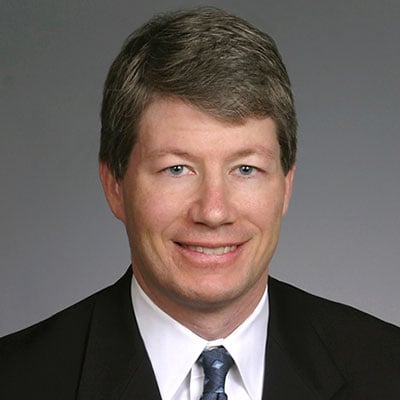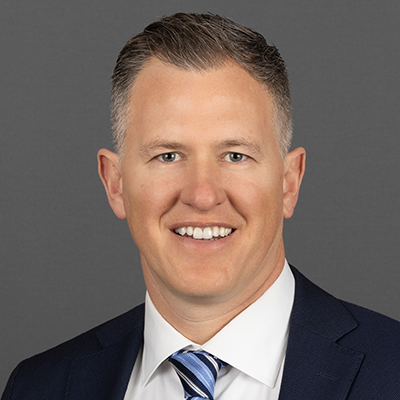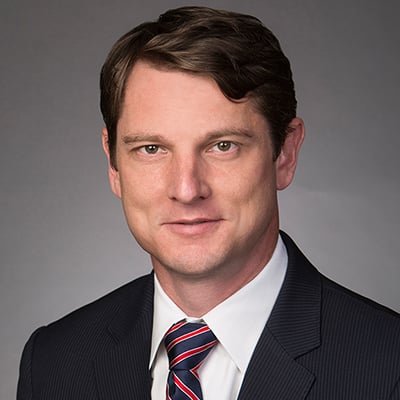Big Suits: Lucent v. Microsoft
On February 22 a federal jury in San Diego found Microsoft Corporation liable in the largest patent infringement verdict in history. The decision held Redmond, Washington–based Microsoft responsible for $1.52 billion in damages against telecommunications manufacturer Lucent Technologies Inc.
The case involved two Lucent patents relating to the MP3 audio-compression technology used to play music files. Murray Hill, New Jersey–based Lucent originally brought the case against computer companies Gateway, Inc., and Dell Inc. (Lucent became Alcatel-Lucent in 2006, after it was acquired by its French telecom rival.) Lucent accused both companies of infringement in their use of a Microsoft product, Windows Media Player. According to Microsoft lawyers, in 2003 Microsoft, believing that Lucent would file suit against its other customers, intervened and sued Lucent for declaratory judgment on the MP3 patent and 12 others related to different technologies used in personal computers.
The cases were consolidated in San Diego, with U.S. district court judge Rudi Brewster breaking the matter into six technological units. Lucent counterclaimed, but solely against Microsoft in the first MP3 dispute. Microsoft lawyers called this a strategic decision by Lucent: Going after Microsoft allowed Lucent to seek a 0.5 percent royalty on the average retail price of all computers sold preloaded with Windows, a much larger sum than a royalty on Windows sales to computer makers.
At trial, Lucent claimed Windows Media Player’s ability to play CDs in the MP3 format infringed on its music coding patent. Microsoft claimed that it had already licensed the technology from a German nonprofit research group, Fraunhofer Gesellschaft. Microsoft pointed to an August 1989 joint venture agreement between Fraunhofer and Bell Laboratories, Lucent’s predecessor company, that said any technology developed together was co-owned and could be licensed further by either party. Microsoft claimed hundreds of other companies also purchased licenses from Fraunhofer, which later sold Microsoft its coding technology. Lucent argued that it obtained the initial patent before the joint venture, and that the second patent shouldn’t have been a part of the agreement.
Microsoft did get some good news a week after the MP3 verdict, when Brewster tossed a Lucent infringement claim on three other patents, all related to speech recognition technology used in Microsoft software. Four more pieces of litigation remain in Brewster’s docket, with three set to go to trial this summer. (Gateway and Dell remain as defendants in some of those cases.)
Microsoft’s lawyers say the company will appeal the February MP3 patent ruling; Lucent will appeal the speech recognition patent decision, its lawyers said.
For Plaintiff Alcatel-Lucent (Paris)
In-house: At Lucent Technologies Inc.: President of intellectual property and standards Barbara Landmann and intellectual property corporate counsel Boaz Brickman.
Kirkland & Ellis: Robert Appleby, Paul Bondor, John Desmarais, Edward C. Donovan, Jordan Malz, Karen Robinson, Michael Stadnick, and associates Elizabeth Bernard, Sharon Billington, Jason Grauch, Omar Khan, Joseph Loy, Sean McEldowney, and Aaron Schechter. (All are in New York except Donovan, McEldowney, and Robinson, who are in Washington, D.C.) The firm, which served as lead trial counsel, has been IP counsel for Lucent for a decade. Hahn & Adema: Alison Adema, Jane Hahn, and of counsel John Scherling. (Adema and Scherling are in San Diego; Hahn died in July 2006.) Kirkland brought in the firm as local counsel.
For Defendant Microsoft Corporation (Redmond, Washington)
In-house: Senior attorney Stephen McGrath.
Fish & Richardson: Alan Albright, Matthew Bernstein, John Gartman, John Giust, Thomas Melsheimer, John Skenyon, of counsel Renee Skinner, and associates Justin Barnes, John Bustamante, Lara Garner, Thomas Millikan, Jaime Olin, and Joseph Reid. (Albright and Bustamante are in Austin; Skenyon is in Boston; Melsheimer and Skinner are in Dallas; and the rest are in San Diego.) Gartman has represented Microsoft in litigation for the past ten years.
REPRINTED WITH PERMISSION FROM THE MAY 2007 EDITION OF THE AMERICAN LAWYER © 2007 ALM PROPERTIES, INC. ALL RIGHTS RESERVED. FURTHER DUPLICATION WITHOUT PERMISSION IS PROHIBITED




